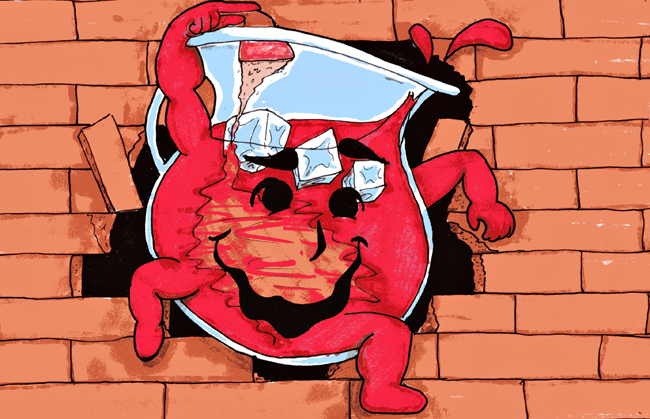The U.S. Alcohol and Tobacco Tax and Trade Bureau recently approved the sale of powdered Alcohol, which is expected to be available to purchase this summer, although possibly not in Texas.
Powdered alcohol, or palcohol, is a powder that can be mixed with liquids — similar to the way Kool-Aid is mixed with water — to create an alcoholic beverage that can have alcohol content levels equivalent to a shot of vodka.
Six states have banned the product, while more than two dozen others have introduced bills to do the same. The House Licensing and Administrative Procedures Committee approved a bill Monday banning the product’s sale in Texas.
Palcohol has the same potential dangers as normal alcohol, according to Jessica Cance, chairperson of the High Risk Drinking Committee for UT’s Wellness Network.
“Technically it’s just alcohol, so we know what alcohol does to us,” Cance said. “Knowing what potential side effects powdered alcohol could have on individuals or the public at large, we don’t know yet.”
Students might be enthusiastic about the new product because it can be an alternative to waiting in long drink lines at concerts, according to government senior Javier Abrego.
“If it works the same way as alcohol, then I don’t see what’s wrong with it,” Abrego said. “Colleges have been known to have alcohol problems and drug problems on campus, so I guess it’s easy to conceal or hide powdered alcohol versus if you have a whole bottle of alcohol.”
English senior Miles Hosanna, director of the Pearl Street Co-Op, said he does not see powdered alcohol gaining a lot of popularity because alcohol is already easy enough to obtain at parties.
“I don’t reckon you can buy a keg of powdered alcohol, so I don’t think it will affect us at all,” Hosanna said. “I guess I can see it being something on sale at a convenient store, which would be cool, but I don’t know if it will ever be quite the same as a beer or anything.”
As long as students are cautious and stay educated on the project, there shouldn’t be trouble, Cance said.
“I’m really hesitant from the public health perspective to say that something is horrible and to sound the alarms,” Cance said. “There are reasons to be cautious about this product, and, as with everything, I think having the combination of education and surveillance of the data is the best thing we can do.”





















